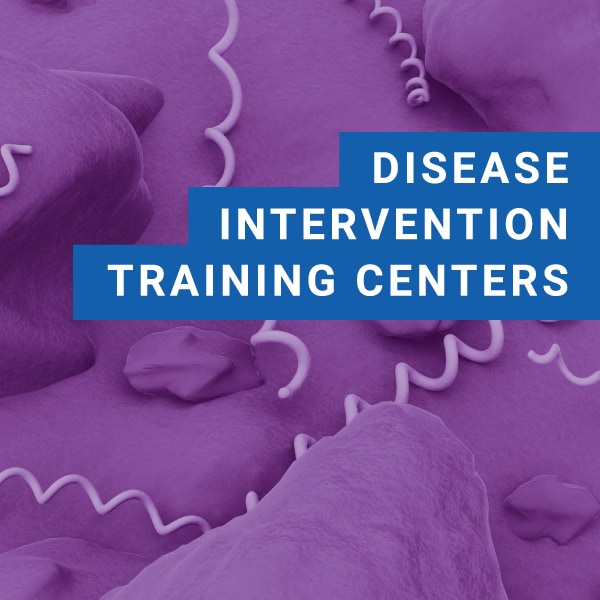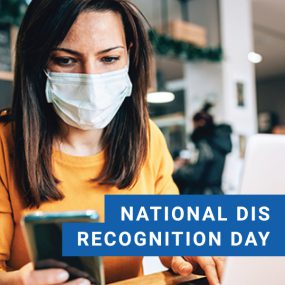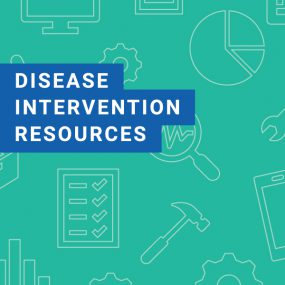Disease Intervention
Disease intervention is key to sexually transmitted disease (STD) prevention and control. Disease intervention consists of two main parts. First, it rapidly identifies people who don’t know they may be infected. Second, it helps people receive treatment fast. This stops diseases from spreading and prevents serious health problems caused by them. Highly trained staff known as disease intervention specialists (DIS) are at the forefront of disease intervention work. While DIS primarily work with STDs, they also lend their expertise during urgent outbreak situations. DIS have been used in several public health responses from Ebola to COVID-19.
For decades, DIS have been the backbone of public health in the United States. DIS are public health professionals who use contact tracing and case investigation to prevent and control infectious diseases. While they started in the field of sexually transmitted infections and HIV, their investigative skills have expanded to include tuberculosis as well as outbreak responses for anthrax, flu, measles, food-borne illnesses, Zika, Ebola, and COVID-19. They have also provided emergency response support after natural disasters (e.g., Hurricanes Hugo, Katrina, and Michael).
DIS possess unique skills designed for disease intervention and investigation. With skills in problem solving, negotiation, and communication, DIS specialize in:
- Public health investigations,
- Case management and analysis,
- Provider and community engagement, and
- Outbreak detection and response.
The daily work of a DIS begins with conducting case investigations, contact tracing, and offering partner services to people with STDs, their partners, and others at increased risk for infection. Case investigations and contact tracing involve working with an individual who has been diagnosed with an infectious disease to identify and provide support to people (contacts) who may have been infected through exposure to the individual. Partner services are a broad array of services that are offered to persons with HIV infection, syphilis, gonorrhea, or chlamydial infection, and to their partners and social contacts. Partner services goes beyond eliciting information about contacts and includes:
- Prevention counseling,
- Testing for HIV and other types of STDs, hepatitis screening, and vaccination,
- Treatment or linkage to medical care, and
- Linkage or referral to other services (e.g., reproductive health services, prenatal care, substance abuse treatment, social support, housing assistance, legal services, and mental health services).
These efforts assist in identifying individuals at risk for STDs, increasing STD awareness, and providing timely treatment.
Over the years, DIS intervention and prevention strategies have evolved to include engagement with community-based organizations, non-governmental organizations, public health institutions and associations, and other organizations involved in STD prevention and intervention.
As the health care landscape evolves, well-trained DIS continue to be a critical piece to public health and disease intervention.


